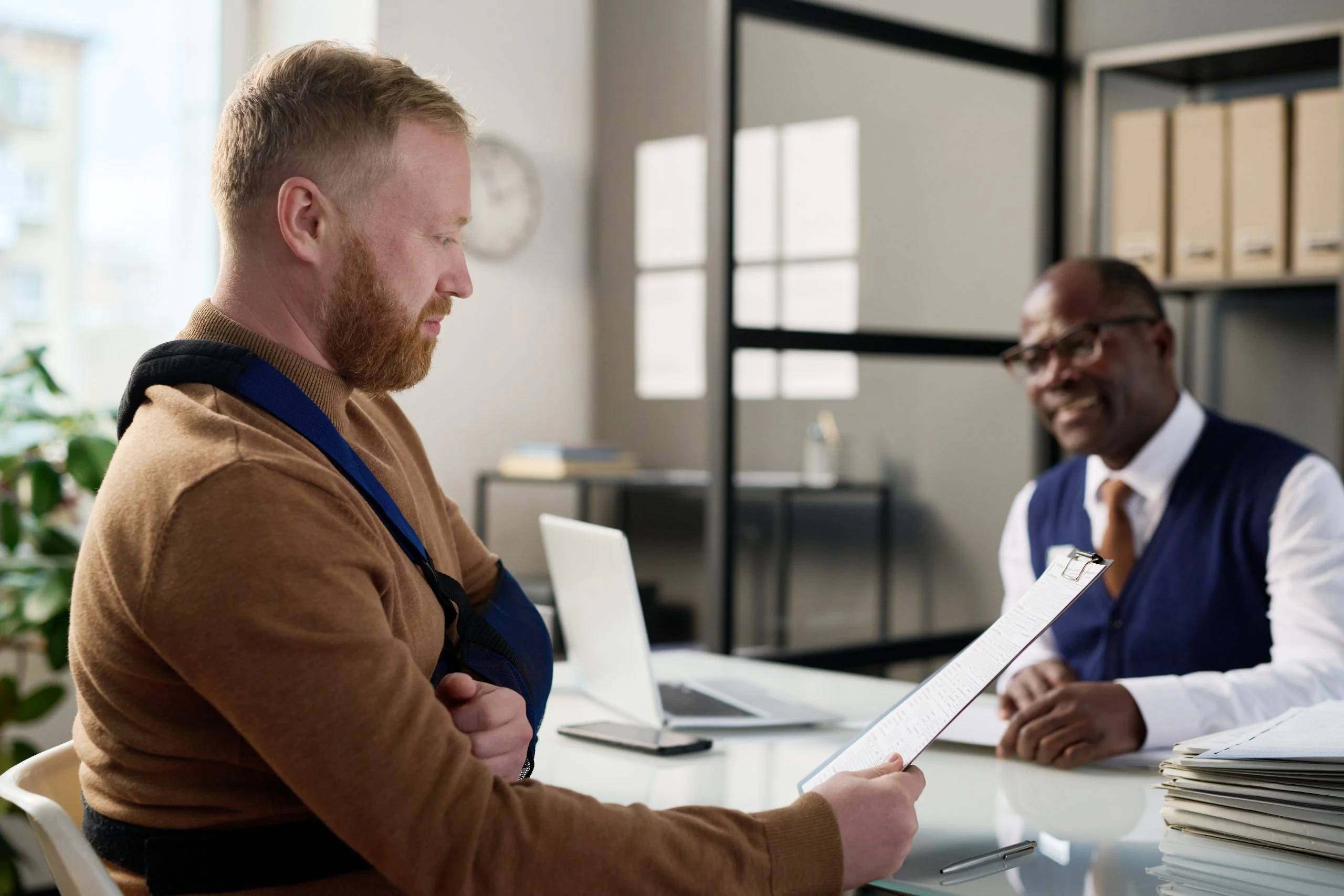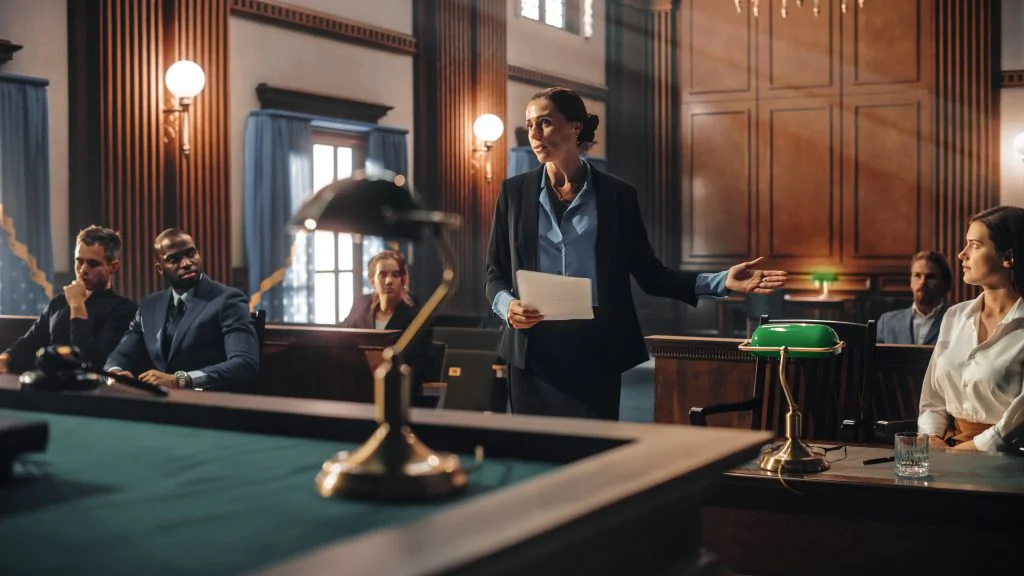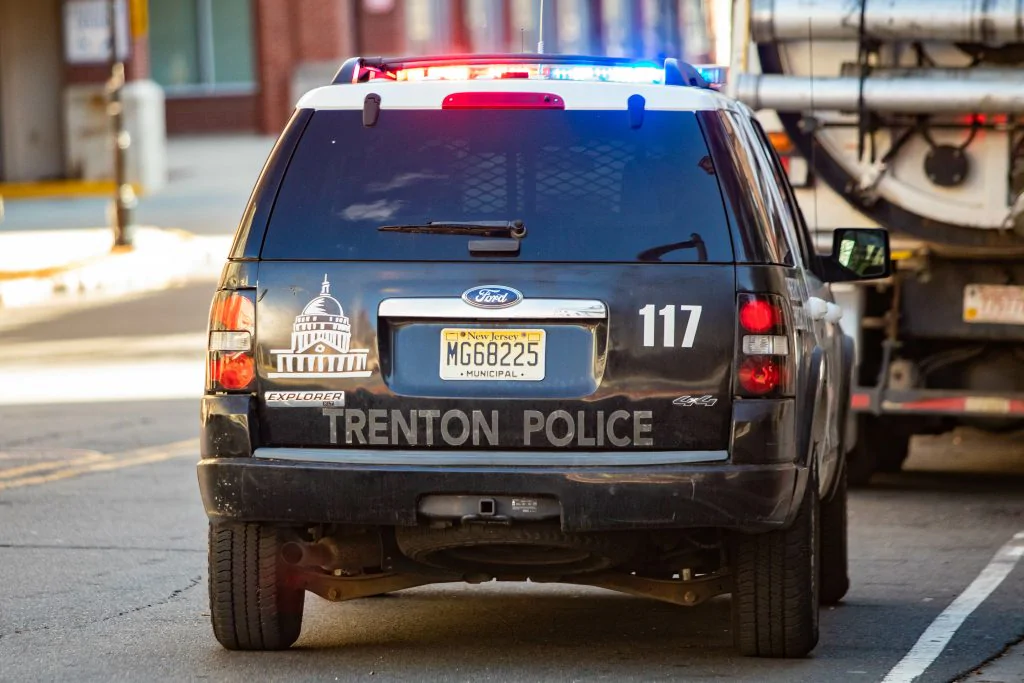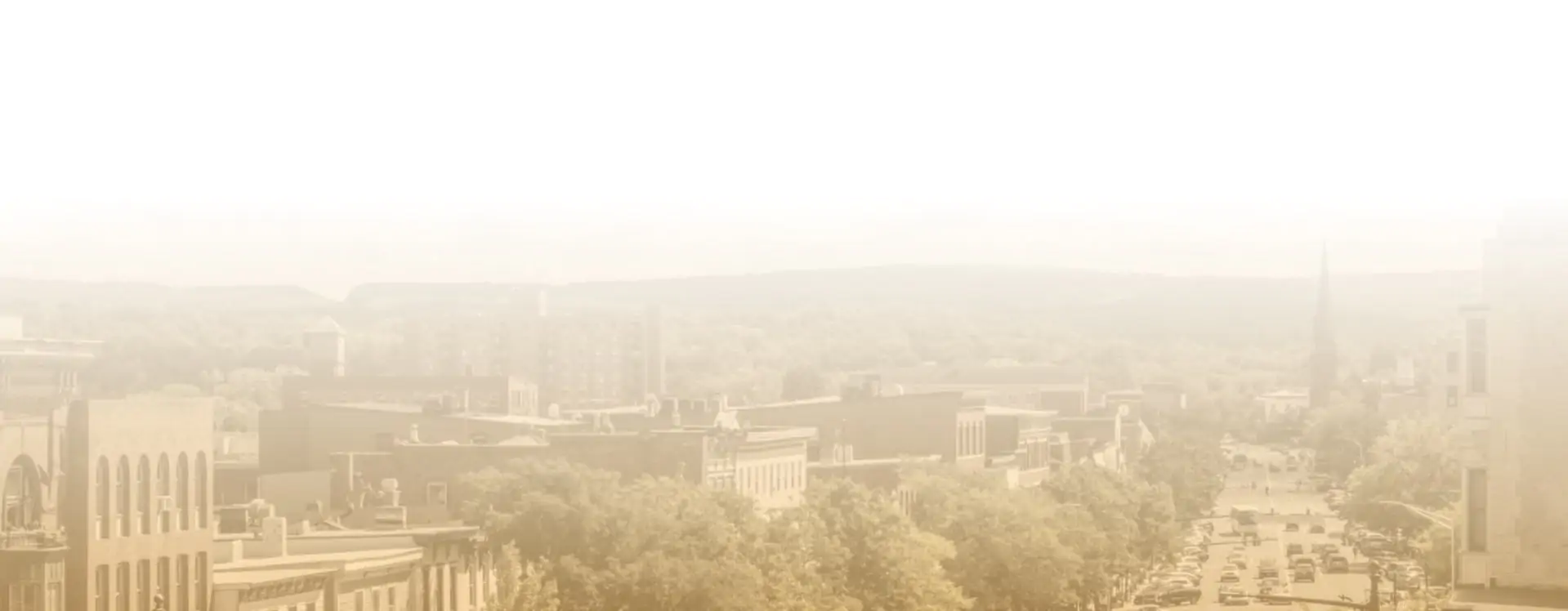The slip and fall lawyers at Sobo & Sobo’s Chicago office handle cases related to slip and trip and fall accidents in the city. They are experienced in securing maximum compensation for their clients who fall and become injured due to a property owner’s negligence. They do this by fighting to hold the property owner liable for all damages related to a victim’s injuries, including:
- Past, current and future medical expenses related to the injury
- Lost past and future wages
- Physical and emotional suffering
- Property damages
- Punitive damages
Free consultations with slip and fall accident lawyers are available to all Chicago residents. Appointments can be scheduled by calling 855-468-7626 or by booking online.
Types of Fall Injury Claims Represented in Chicago
Slip and fall accidents can occur in various settings, and often caused by hazardous conditions that property owners or managers should have addressed. The team of personal injury attorneys in Chicago handle slip and fall injury claims in places such as:
Retail Stores
Retail establishments, including grocery stores, department stores, and malls, can be frequent locations for slip and fall accidents. Common causes include wet floors, spilled liquids, and poorly maintained walkways.
Restaurants and Bars
Dining establishments can also pose slip and fall hazards, especially in areas where food and drinks are served. Spilled beverages, greasy floors, and inadequate lighting can contribute to accidents.
Public Sidewalks
Municipalities and property owners are responsible for maintaining safe public sidewalks. Uneven pavement, cracks, and other hazards can lead to slip and fall incidents.
Apartment Complexes
Property owners and managers of apartment complexes must ensure common areas are safe for residents and visitors. Failure to maintain stairwells, hallways, and parking lots can result in slip and fall accidents.
Private Residences
Even in private homes, property owners have a responsibility to maintain safe conditions for guests. Hazards like cluttered walkways, loose rugs, and uneven flooring can lead to slip and fall accidents.
These are just a few examples of slip and fall injury cases that fall injury attorneys handle. Regardless of the location or circumstances of an accident, if it resulted from negligence, clients may be eligible to seek compensation. Residents are invited to learn the value and validity of their case in a free consultation before filing their claim.
CHI Property Owner Negligence in Fall Injury Cases
Property owners have a legal responsibility to maintain safe premises for visitors and guests. When they fail to do so, and this negligence leads to slip and fall accidents, victims may have grounds for a personal injury claim. Here are some common examples of property owner negligence in fall injury cases:
- Failure to Address Hazards: Property owners must promptly address and rectify any hazardous conditions on their premises. This includes repairing uneven walkways, fixing broken stairs or handrails, and promptly cleaning up spills or wet surfaces.
- Inadequate Lighting: Inadequate lighting can contribute to slip and fall accidents, particularly in areas like parking lots, stairwells, or dimly lit hallways. Property owners must ensure that all areas are adequately illuminated.
- Lack of Warning Signs: In some cases, property owners may be aware of hazards but fail to warn visitors or guests about them. For instance, if a floor has recently been cleaned and is still wet, it should be marked with warning signs.
- Neglected Snow and Ice Removal: In colder climates like Chicago, snow and ice can create significant fall hazards. Property owners are responsible for clearing snow and ice from walkways and parking areas to prevent slip and fall accidents.
- Failure to Maintain Handrails: Stairways with missing or poorly maintained handrails can pose significant dangers. Property owners should ensure that handrails are secure and in good condition.
- Neglecting Repairs: Property owners must address maintenance and repair issues promptly. This includes fixing broken or loose tiles, floorboards, or any other hazards that may cause someone to trip and fall.
- Cluttered Walkways: Cluttered walkways in homes or businesses can lead to slip and fall accidents. Property owners must keep walkways clear of obstacles and debris.
Most Common Fall Injuries in Chicago
While specific statistics may vary, slip and fall injuries in Chicago often result in a range of common injuries. These injuries can have a significant impact on victims’ lives and may lead to legal claims seeking compensation. Some of the most common fall injuries that occur in Chicago include:
- Sprains and Strains: One of the most frequent injuries in slip and fall accidents are sprains and strains, often affecting the ankles, wrists, and knees. These injuries can range from mild to severe, requiring various levels of medical treatment and rehabilitation.
- Fractures: Falls often lead to fractures or broken bones, with the wrist, arm, hip, and ankle being the most commonly affected areas. Wrist injuries are the most common result of fall injuries because people instinctively try to catch themselves with their hands, which often leads to broken wrist bones. All ages are susceptible to arm and wrist injuries. However, older adults are particularly vulnerable to hip fractures, which can have serious long-term consequences.
- Head Injuries: Head injuries, including concussions and traumatic brain injuries (TBIs), can occur when a person’s head makes contact with the ground or another object during a fall. TBIs can result in long-term cognitive and physical impairment.
- Back and Spinal Cord Injuries: Falls can lead to back injuries, including herniated discs and spinal cord injuries. These injuries can cause chronic pain and mobility issues.
- Cuts and Abrasions: Open wounds, cuts, and abrasions are common in slip and fall accidents, particularly when sharp objects or rough surfaces are involved.
- Dislocations: Falls can cause joint dislocations, most commonly involving the shoulder, elbow, or hip joints. These injuries can be painful and may require surgical intervention.
- Soft Tissue Injuries: Injuries to muscles, ligaments, and tendons can result from falls. These injuries can cause significant pain and may require physical therapy or surgery.
- Emotional Distress: It’s important to recognize that not all fall injuries are physical. Victims may also experience emotional distress, such as anxiety, depression, or post-traumatic stress disorder (PTSD), especially if the fall was particularly traumatic.
- Death: In severe cases, slip and fall accidents can lead to fatalities, particularly among older adults. These tragic outcomes can result from complications of injuries or the severity of the fall itself.
It’s essential to seek medical attention promptly after a slip and fall incident, even if injuries initially seem minor. Some injuries may not manifest symptoms immediately but can worsen over time. Additionally, documenting injuries through medical records is crucial when pursuing a personal injury claim.
CHI Slip & Fall Settlement Amounts
Several factors play a significant role in determining the settlement amount for slip and fall injury cases:
- Severity of Injuries: The extent and severity of the injuries sustained in the slip and fall incident significantly impact the compensation amount. More severe injuries often lead to higher settlements.
- Liability: Establishing who is at fault for the accident is crucial. If liability is clear and uncontested, it may lead to a more straightforward settlement process.
- Insurance Policy Limits: The at-fault party’s insurance policy may have limits on how much they will pay. In some cases, this can impact the negotiation process, as settlements cannot exceed these policy limits.
- Modified Comparative Negligence: Illinois follows a modified comparative negligence system. If the injured party is found partially at fault for the accident, their compensation may be reduced proportionally to their level of fault.
- Medical Evidence: Strong medical documentation of injuries, treatment, and prognosis can significantly strengthen the case and potentially lead to higher compensation.
- Witness Statements: Eyewitness accounts and statements can provide valuable evidence to support the claim.
- Legal Representation: Having an experienced personal injury attorney by your side can significantly impact the negotiation process, as they can skillfully advocate for your rights and work toward maximizing your compensation.
The final settlement amount is the result of negotiations between the injured party’s attorney and the at-fault party’s insurance company. In many cases, insurance companies prefer to settle rather than go to trial, as it can be more cost-effective and reduce their risk. However, having a skilled attorney who is willing to take the case to court if necessary can be a powerful negotiating tool and may lead to more favorable settlements.
It’s important to note that each slip and fall case is unique, and the outcome will depend on the specific details and circumstances surrounding the incident. Consulting with an experienced slip and fall attorney is the best way for injured parties to understand the potential value of their case and pursue fair compensation.
CHI Statute of Limitations for Slip and Fall Claims
Understanding the statute of limitations is crucial for slip and fall claims in Chicago. Clients have two years from the discovery of their injury to file a claim. Claims filed after this two-year limit may be rejected. It’s essential to consult with an attorney who can advise on any potential exceptions or extensions to this limitation.
Payment Methods for Slip and Fall Lawyers in Chicago
Understanding the payment methods employed by slip and fall lawyers in Chicago is essential for potential clients. These methods include:
No Win, No Fee
Personal injury lawyers who operate on a “no win, no fee” basis, such as those at Sobo & Sobo, only receive payment if they secure a settlement or judgment for their clients. They are paid only with a portion of their client’s settlement, and only if they win. If they don’t win, clients do not owe their attorneys anything. Either way, the client never has to pay out of pocket, making this one of the more financially beneficial options for clients.
Hourly Rates
While less common in slip and fall cases, other fall injury lawyers may charge hourly rates for specific legal services, such as advice or document preparation.
Flat Fees
In certain situations, attorneys may charge a fixed, upfront fee for their services in slip and fall cases, particularly for simpler cases with predictable outcomes.
Insurance Companies & Fall Injury Claims
Insurance companies often play a significant role in slip and fall cases. Clients should be aware of the following:
Liability Determination
Establishing liability is central to slip and fall claims. Investigations, witness statements, and evidence are used to determine fault. The at-fault party’s insurance is primarily responsible for covering losses.
Compensation Negotiations
Injury claims may involve negotiations with the at-fault party’s insurance company. Legal representation is crucial to ensure fair compensation, especially when liability is disputed.
Contact a Chicago Slip and Fall Attorney
Clients seeking justice and compensation for their slip and fall injuries can contact a Chicago slip and fall attorney by calling 855-GOT-SOBO or scheduling an appointment online. At Sobo & Sobo, experienced attorneys have decades of experience and success in securing the highest possible compensation for clients injured in premises liability cases, guiding them through the legal process, and tirelessly advocating for their rights.




